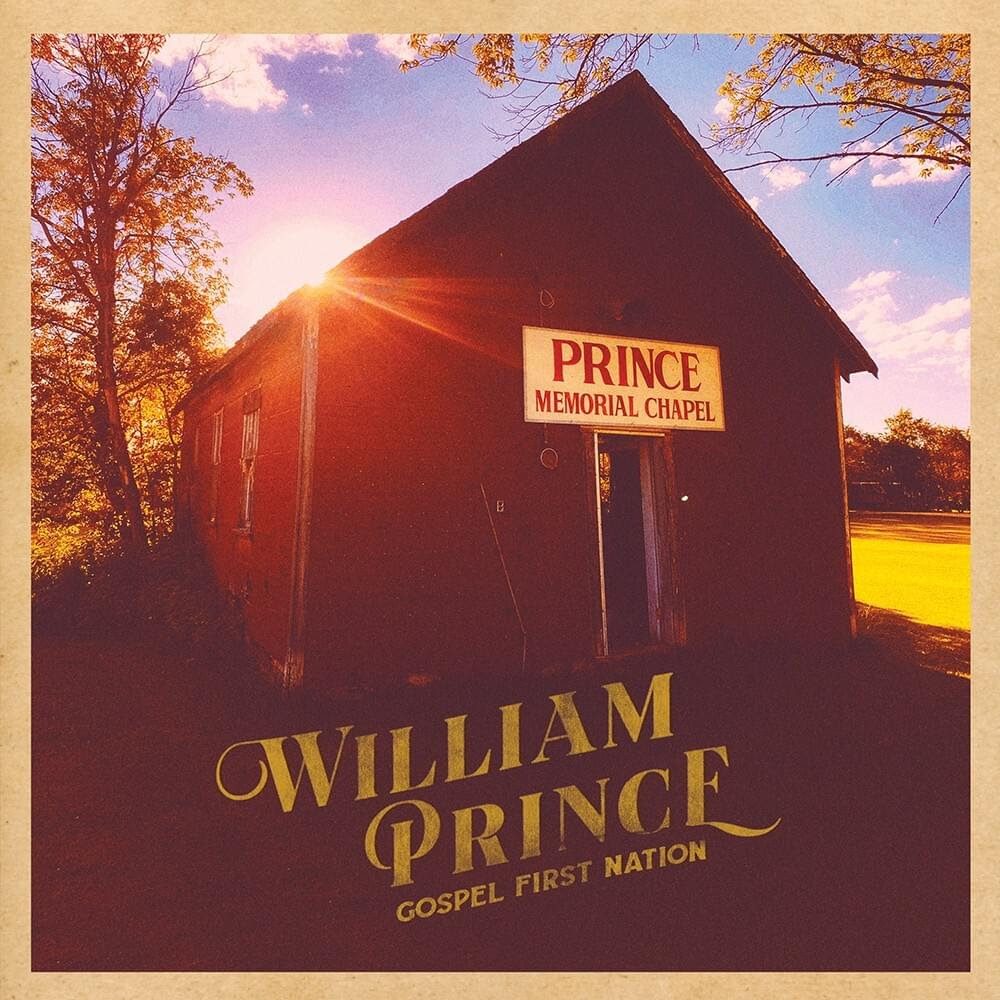William Prince Visits Intersection of Native Roots and Christian Upbringing on ‘Gospel First Nation’

“We are living through an age of grief; grieving our lives, routines and families at the hand of a pandemic,” writes William Prince in a statement on his website. “Through my adjustment, I found myself singing songs that made me feel better. I found myself wishing to return to this place of comfort amidst all the chaos.”
Prince processed what lazy advertisers have called “these unprecedented times” by going back to the music of his childhood, the country gospel songs that were part of his life growing up in the Indigenous communities of the First Nations in Manitoba, Canada.
Out of this revisiting of his past, he recorded his second album of 2020, Gospel First Nation. Consisting largely of material performed in his youth and remembered songs of his adolescence penned by his preacher father, Prince reconciles his Indigenous roots and a Christian upbringing with the social history of how that same faith has been used to subjugate and extinguish Native identity.
This conflict is at the core of the album’s title track. Prince sings:
Past the broken hoops in that old Bible camp
A winding road will lead you to the mouth
There’s beer cans on the pulpit clankin’ like a choir
Diamond-covered baggies on the ground
Up there on Gospel First Nation
The highway feels like salvation
In his faith, Prince found a path forward. In expressing a refrain of “Jesus just might live / Alone with all our sins / In Fisher Bay, Manitoba,” he bridges the gap between Christianity and living in the First Nation, finding a way to bring the two seemingly disparate concepts together.
On “When Jesus Needs an Angel,” Prince offers up a poignant rumination on loss. Considering the fact that Gospel First Nation was born out of the loss, tumult, and disruption of life caused by the coronavirus pandemic, it’s fitting and timely. The track teams up nicely with heartfelt renditions of “Just a Closer Walk with Thee” and “Does Jesus Care?” to highlight the important role his beliefs play in helping him make sense of and cope with the current moment in time.
The themes of Gospel First Nation come together best on its penultimate track. “This One I Know” was originally performed by Prince’s preacher father. Presumably conceived as way to proselytize, the song brings together the challenges of the physical world with the promise and release offered by the spiritual.
This year has been filled with a succession of horrors, challenges, and anxieties. Just making it through 2020 feels, in and of itself, like a moderate miracle. But as William Prince shows with Gospel First Nation, there are moments of grace and warmth that can be found and remembered every day.



